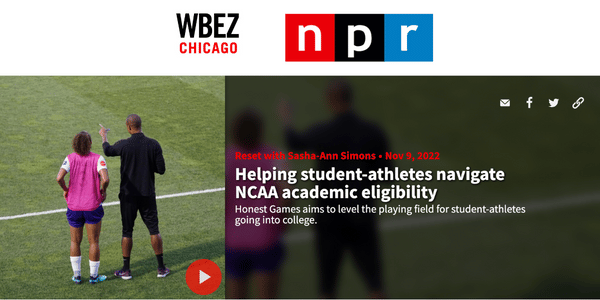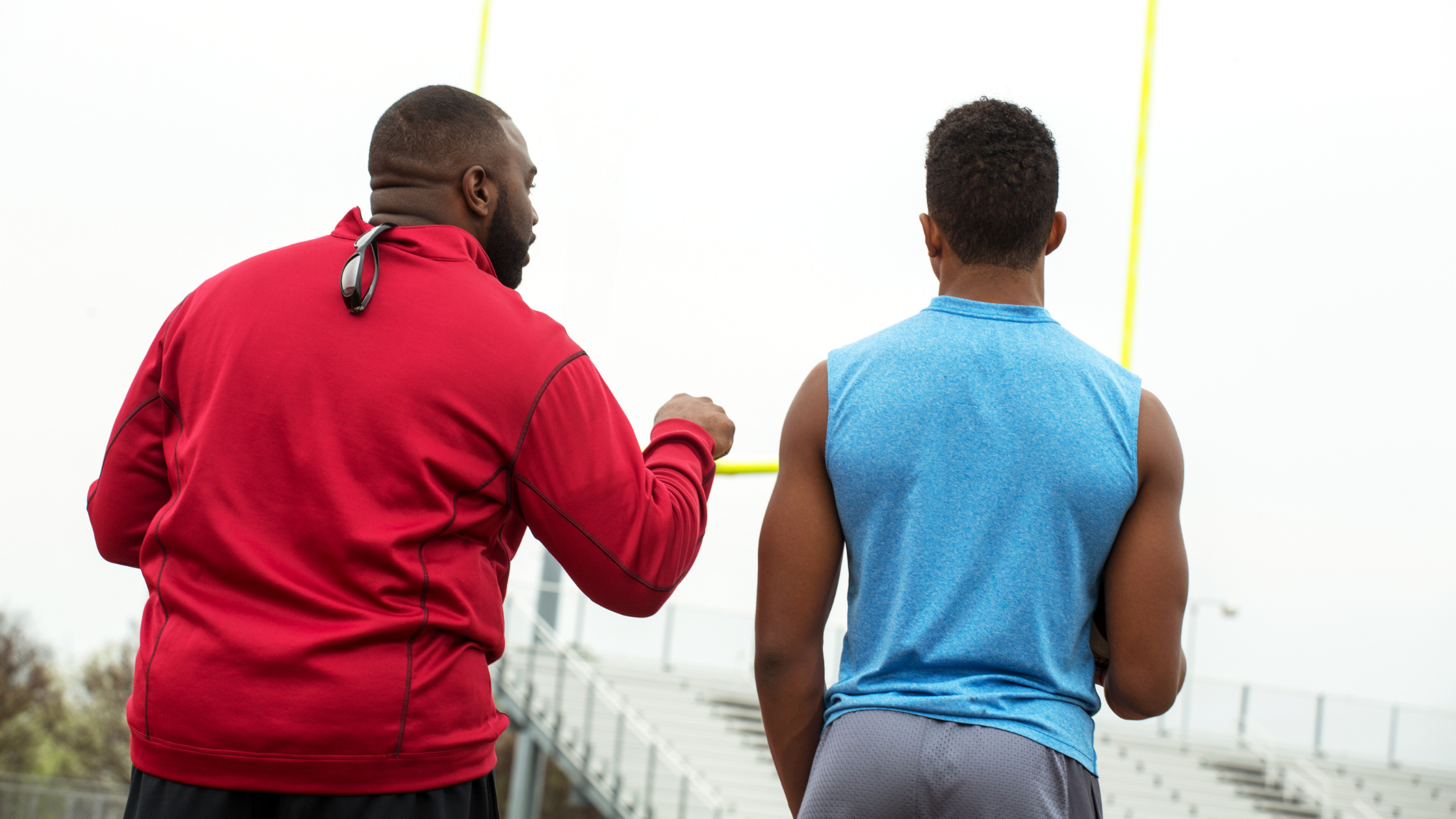Advice from a Collegiate Athletic Academic Advisor to Coaches and Parents
Updated on Aug 8, 2023
I am fortunate to have spent close to 25 years on a college campus in the Athletic Department, but my time was not spent on the court or on the field. Instead, I spent my time one-on-one with student-athletes in the Academic Advising and Student Success Departments. In that capacity I’ve met with hundreds of recruits and their families and coaches during official and unofficial visits, educating them about the academic side of collegiate athletics, and getting to know the students and their academic needs. I loved meeting high school student-athletes on their recruiting journey and helping them decide how best to choose the college that is right for them. What I discovered is that students are not making these decisions in a vacuum and the trusted adults that are navigating the recruiting landscape with them should prepare for the recruiting visit just like the students do. Here are 4 tips to coaches and families as they embark on the recruiting trail with their student-athletes.
1. Spend as much time finding the right academic fit for your student-athlete as you spend on finding the right athletic fit. Will your student-athlete fit into the team athletically, but will they also fit in academically with their peers on the campus? While your student-athlete might be an NCAA Qualifier, that does not guarantee they will be automatically admissible to a given college or university. Additionally, just because they are offered admission to that college, does not mean that college will be the academic setting that is best for them. What is the average test score of the incoming freshmen class? What is the average test score of the incoming group of student-athletes? Where does your student fall within those numbers? Does the college and coach support what your student-athlete wants to study or is the team all majoring in the same subject? If there is a class offered for the major that falls during practice time, does the coach allow you to take the class and miss practice, or will you need to take that class during the summer and pay for it yourself? Ask these questions during the recruiting process just like you would ask questions about the weight room, locker room, and coaching philosophy.
2. The athletic academic advisor could spend just as much time with your student as their coach (and maybe more!). Ask to meet with them on your visit. If the academic advisor is there at night or on a weekend to meet with you on your recruiting visit, odds are they will be just as committed to assisting your student when they are enrolled there. If you don’t get to see an academic advisor on your recruiting visit, that probably means there are not academic advisors assigned to work solely with student-athletes, or the coach did not feel it was important to talk about academics on the recruiting visit. Both of these reasons are red flags for you as a parent or coach. Make sure to inquire about the academic support that your student-athlete will be receiving and assure that it matches their needs.
3. Academic preparedness carries a lot of weight in the recruiting process – the academic advisor’s professional opinion of the academic ability of your student could weigh heavily in a coach’s recruiting decision. Even if you only have a short time with the academic advisor, make it count! Engage in conversation with the advisor but let your student do most of the talking. It’s important for the academic advisor to see how your student answers questions and speaks about their academic needs and goals. The best recruiting visit, from an academic advisor’s perspective, is one in which the parent or coach allows the student and advisor to get to know each other. This time is crucial in two ways – first, the academic advisor must learn how to best support your student-athlete, and secondly, this is a crucial time for the student-athlete to learn about the academic expectations of that school. Is study hall mandatory? Do they check attendance at class and what are the repercussions for missing class? Will tutoring be required or is it optional, or even offered at all? The parent or coach can ask questions after the advisor did not address their concerns in the presentation or conversation, but make sure your student is ready to engage in conversation.
4. It will help if you can have a high school transcript (or even better an Honest Game Eligibility Report!) when coming on a recruiting visit. Ideally, the coach would have supplied it to the academic advisor ahead of time, but bring an extra copy just in case. This will help the academic advisor to ask more pointed questions to your student and get a better feel for how they learn and what courses they enjoy and the courses in which they struggle. Be aware of your path towards becoming an NCAA qualifier. Having a plan will show you are aware of what you will need to complete in your final semesters of high school.

As a former Senior Associate Athletic Director at the NCAA Division I level and with more than 20 years of experience in collegiate athletics, Courtney has advised thousands of student-athletes through the college recruiting and eligibility process for college sports. Interested in virtual counseling with Courtney? Sign up here.



